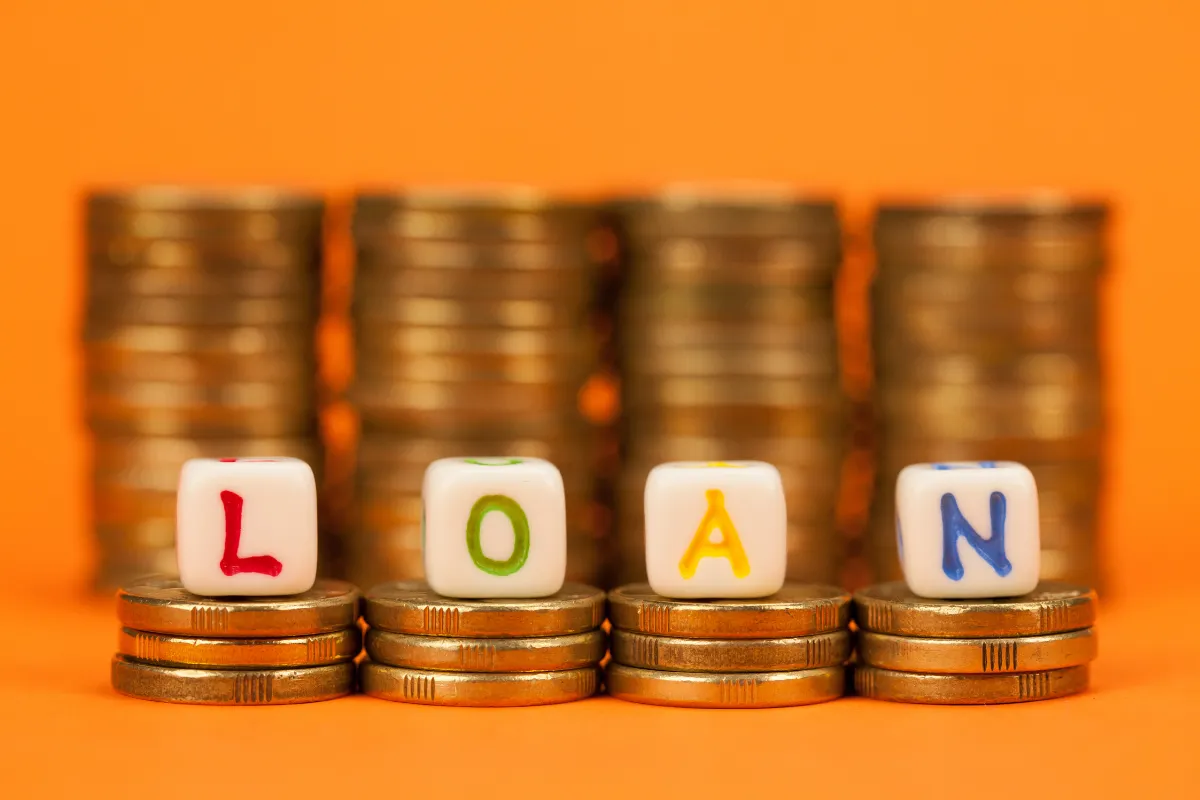What Is The Average APR For Payday Loans- (2024 Guide)

Ad Discloure
iOnlinePayDay.com serves as a platform that links borrowers with payday lenders. We do not take the complete guarantee of its accuracy, completeness, or dependability. We encourage responsible borrowing and urge borrowers to consider alternative financial options before making a decision.xHave you ever found yourself strapped for cash and considered taking out a payday loan? While these loans can provide quick financial relief, understanding the associated costs, especially the APR (Annual Percentage Rate), is crucial. The annual percentage rate (APR) is the total cost of borrowing, including interest and other costs.
Comparing payday loans to other forms of finance, the annual percentage rate might be exorbitant. What Is The Average APR For Payday Loans , Understanding the APR enables you to assess the loan’s genuine cost and make prudent financial choices. Let’s dive into the world of payday loans and uncover what the average APR looks like and why it’s a key factor in your borrowing decision.
What Is The Average APR For Payday Loans
National Averages:
Payday loan interest rates in the US are very high, frequently surpassing 400% on average. However, it may reach 780%. This is because payday loans are short-term loans with a repayment period of 7 to 60 days, and lenders charge high interest rates due to their urgent nature and high-risk features. Yet, this can differ greatly based on the lender’s policies as well as state laws.
Variations by State:
States have different regulations regarding payday loans, with some imposing caps on APRs to protect consumers. However, in states with fewer regulations, APRs can soar to astronomical levels. Payday lenders are not subject to the 5–30% interest rate cap set by numerous state usury legislation. Many state laws also set a maximum amount for payday loan fees, ranging from $10–$30 for every $100 borrowed.
Factors Influencing Payday Loan APR:
When it comes to payday loans, the Annual Percentage Rate (APR) can vary widely. Lenders’ annual percentage rate (APR) is determined by a number of factors, which in turn affect the total cost of borrowing. By being aware of these variables, borrowers may be able to negotiate better loan conditions and make more educated selections.
- Lender Policies: Each payday lender sets its own policies regarding APR, fees, and loan terms. Higher costs or stricter requirements from some lenders could mean a higher annual percentage rate (APR) for borrowers.
- Borrower’s Creditworthiness: While payday lenders typically do not perform traditional credit checks, they may consider other factors to assess a borrower’s creditworthiness. This could include income verification, employment history, and previous borrowing behavior.
- Amount of Loan: The APR of a payday loan may also be impacted by the amount borrowed. Since the fixed expenses of executing a smaller loan are spread across a smaller principal amount, lower loan amounts generally have higher annual percentage rates (APRs).
- Loan Term: The APR may vary depending on how long the loan term, or the amount of time over which the loan has been paid back, is. Shorter loan terms often result in higher APRs, as lenders may charge higher fees to offset the risk of lending over a shorter period.
- State Regulations: Some states have strict regulations in place to protect consumers, imposing caps on APRs or limiting the fees that lenders can charge. On the other hand, certain states can have laws that permit lenders to impose higher annual percentage rates.
Why Payday Loan APR is So High?
Payday loan Annual Percentage Rates (APRs) often raise eyebrows due to their exorbitant levels. Several factors contribute to the exceptionally high APRs associated with payday loans:
- Risk Factors for Lenders: Lenders face a higher risk of default with these borrowers, which prompts them to mitigate risk by charging higher interest rates.
- Short-Term Nature of Loans: The short repayment period limits the amount of interest earned by lenders, leading them to charge higher APRs to compensate for the quick turnaround.
- Operational Costs: The process of issuing payday loans involves significant operational costs for lenders, including loan processing, underwriting, and administrative expenses. These fixed costs are spread across the short loan terms, resulting in higher APRs to cover the overhead.
- Regulatory Environment: While some states impose regulations on payday lending, others have more lenient laws or none at all. In states with fewer regulations, lenders have more flexibility in setting APRs, often leading to higher rates to maximise profits.
- Demand and Supply Dynamics: The high demand for quick cash solutions coupled with limited alternatives creates a favorable environment for lenders to charge higher rates. With a captive market and little competition, lenders can command higher APRs without fear of losing customers.
- Lack of Credit Checks: This lack of credit assessment means lenders cannot accurately gauge the risk associated with lending to individual borrowers, leading to higher APRs to offset potential losses.
The Impact of High APR on Borrowers
What Is The Average APR For Payday Loans? High APRs on payday loans can have significant and often detrimental effects on borrowers. Anyone thinking about getting a payday loan has to be aware of these effects.
Financial Strain:
- Immediate Financial Burden: High APRs translate into substantial repayment amounts. For example, a small payday loan of $500 with an APR of 400% could cost a borrower over $100 in fees for just a two-week loan. This can be a heavy burden for individuals already facing financial difficulties.
- Cycle of Debt: Many debtors discover that they are unable to pay back the entire debt plus costs by the deadline. This frequently results in the loan being rolled over, for which the borrower must pay extra fees in order to prolong the loan term. This cycle can quickly escalate, trapping borrowers in a revolving door of debt.
Long-Term Financial Health:
- Accumulation of Debt: As borrowers roll over loans or take out new payday loans to pay off existing ones, their overall debt continues to grow. This accumulation of debt can damage their financial health, making it difficult to escape the debt cycle.
- Credit Score Impact: In the event that a payday loan is defaulted on, it may be transferred to a collection agency, which is required to disclose credit bureaus even though payday lenders normally do not. This can significantly damage a borrower’s credit score, making it harder to obtain affordable credit in the future.
Psychological Stress:
- Stress and Anxiety: The pressure of high-interest debt can lead to significant stress and anxiety. Due to their financial circumstances, borrowers may have mental health problems and a lower standard of living.
- Relationship Strain: Financial stress can also strain personal relationships. Borrowers may feel ashamed of their financial troubles or avoid discussing their situation with loved ones, leading to isolation and tension.
Conclusion:
Payday loans have advantages and disadvantages. While they provide quick cash in emergencies, the high APR can lead to long-term financial woes. Making educated borrowing decisions requires knowing the genuine cost of payday loans as well as their average annual percentage rate. Always think about your options and make responsible plans to stay away from high-interest loan traps.
FAQs:
Q1. What is the typical APR range for payday loans?
The typical APR range for payday loans is between 200% and 600%, depending on the state and lender.
Q2. Are there any states that ban payday loans?
Yes, states like New York and Georgia have banned payday loans due to their high costs and predatory nature.
Q3. Can payday loans affect my credit score?
Generally, payday loans do not affect your credit score as most lenders do not report to credit bureaus. On the other hand, missing payments on a loan may result in collections, which may harm your credit.


